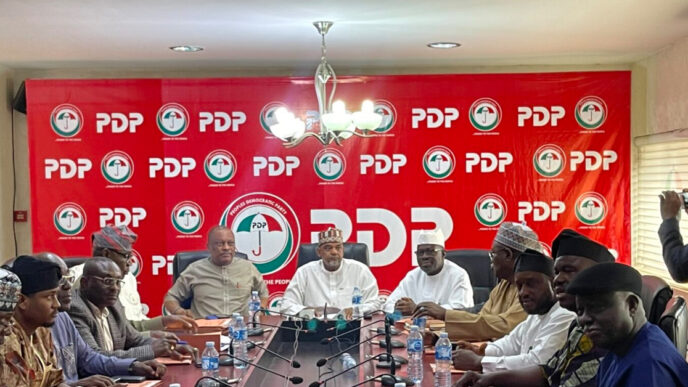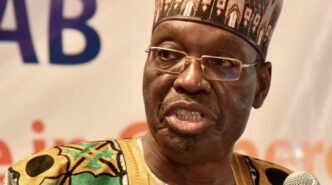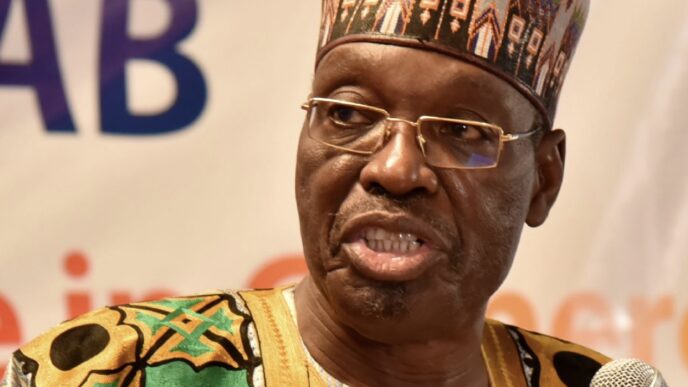Nigeria’s next presidential and governorship elections may take place in November 2026, following a proposal by the National Assembly to shift the polls six months earlier than the traditional schedule.
Gatekeepers News reports that the plan contained in the Electoral Act (Amendment) Bill 2025, was unveiled on Monday during a public hearing jointly organised by the Senate and House Committees on Electoral Matters in Abuja.
According to the draft amendment, “Elections into the office of the President and Governor of a State shall be held not later than 185 days before the expiration of the term of office of the last holder of the office.”
If approved, this would move the general elections to November 2026, roughly six months before the current administration’s tenure ends in May 2027.
Chairman of the House Committee on Electoral Matters, Hon. Adebayo Balogun, said the adjustment aims to ensure that all election petitions are fully resolved before the handover date of May 29, 2027.
“The move is designed to ensure that all manner of election litigations are dispensed with before the swearing in of winners,” he explained.
Balogun added that the National Assembly plans to amend Sections 285 and 139 of the 1999 Constitution to shorten the duration of election petitions — reducing tribunal judgments from 180 to 90 days, appellate court rulings from 90 to 60 days, and capping the entire judicial process at 185 days.
Other proposed reforms include early voting for certain categories of Nigerians, such as security personnel, INEC staff, accredited journalists, and election observers, at least 14 days before the main election day.
Significantly, the amendment seeks to make the electronic transmission of results mandatory, with penalties for violations.
The proposed Section 60(5) states:
“The Presiding Officer shall transmit the results, including the total number of accredited voters, to the next level of collation both electronically and manually.”
Officers who issue unstamped ballot papers or result sheets risk one year imprisonment or a ₦1 million fine, under the new proposal.
The Independent National Electoral Commission (INEC), represented by Prof. Abdullahi Zuru, endorsed the proposed reforms, particularly the provisions on electronic voting and compulsory e-transmission of results, describing them as crucial for improving transparency and reducing post-election disputes.
In July, similar constitutional amendment proposals had sparked mixed reactions when lawmakers considered conducting all elections on the same day starting from 2027.
While opposition parties — including the Peoples Democratic Party (PDP), Labour Party (LP), African Democratic Congress (ADC), and New Nigeria People’s Party (NNPP) — supported the idea, the All Progressives Congress (APC) opposed it, warning of possible negative consequences.
The initiative, led by the House Committee on Constitution Review chaired by Deputy Speaker Benjamin Kalu, followed nationwide consultations across the six geopolitical zones. If approved, it would require INEC to conduct presidential, governorship, National Assembly, and state assembly elections on a single day — a move supporters say would cut costs and curb post-election bandwagon effects.









